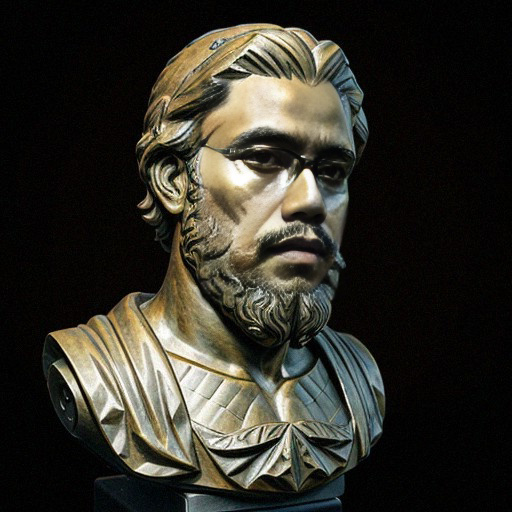The theory of exchange comes from various fields such as economics, anthropology, and psychology. George C. Homans is an important figure of exchange theory. Therefore following the discussion of different backgrounds, Homans’ beliefs will be looked at here.
1-Economics: In the past, people like Hobbes, Rousseau and Locke explained the social order using the concept of a social convention. However, such methods of explanation came under question, and people like Stuart Mill and Jeremy Bentham justified social behavior as utilitarianism and interest-oriented. Moreover, the economic prosperity in Europe, especially in mid 18th century with the spread of notions such as wage, market and other economic concepts, scholars believed to use concepts of economic theory to refer to all social relations and ultimately reach a theory of “social order.”
2-Frazier (Examples of marriage between cousins, economic motivation)
Malinowski (The study sample is Kola(Cola) of the Melanesia islands, which is not an economic motive but a network of social relationships), seperating symbolic and material exchange, Marcel Mauss (study sample is a primitive society, there’s no personal motivation, but rather it is the society or a group that forces a person to repay a gift).
3-Behavioral psychology: Behaviorists believe that humans and animals are the main axis of explaining human behavior. Therefore, there is no need for mental process to understand the human behavior, because behavior is studied as a response to stimuli in the environment.
